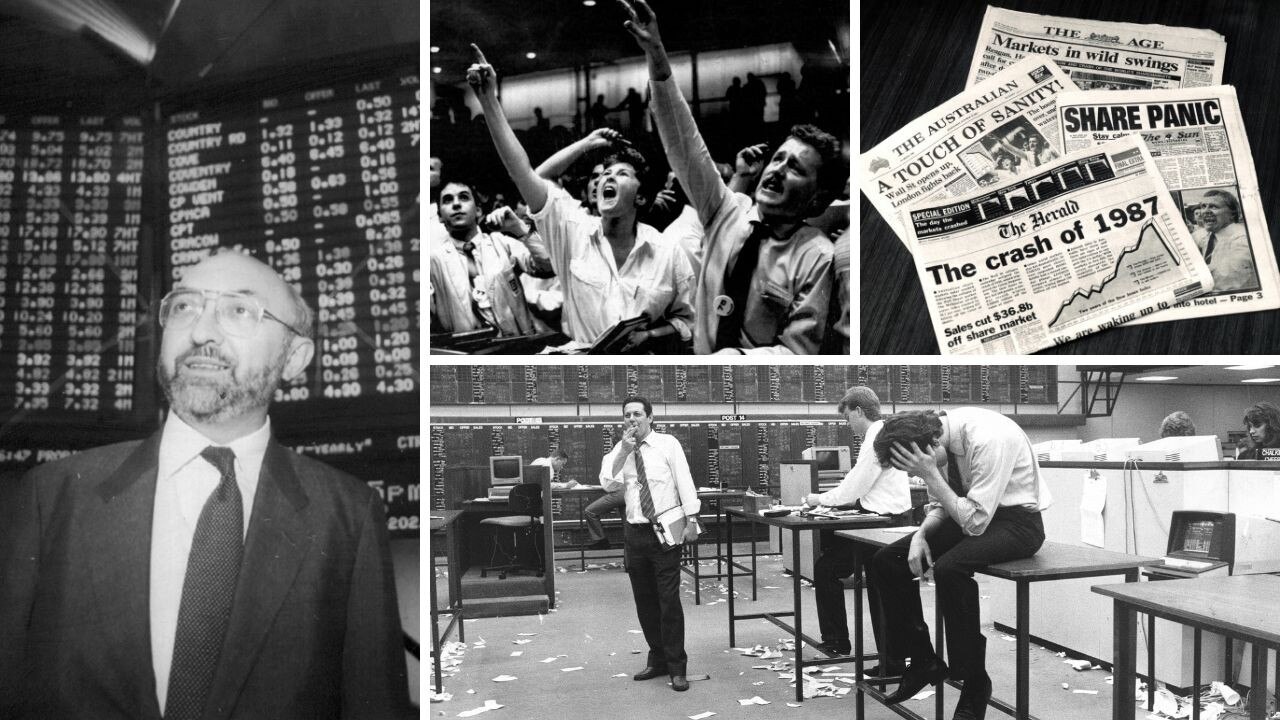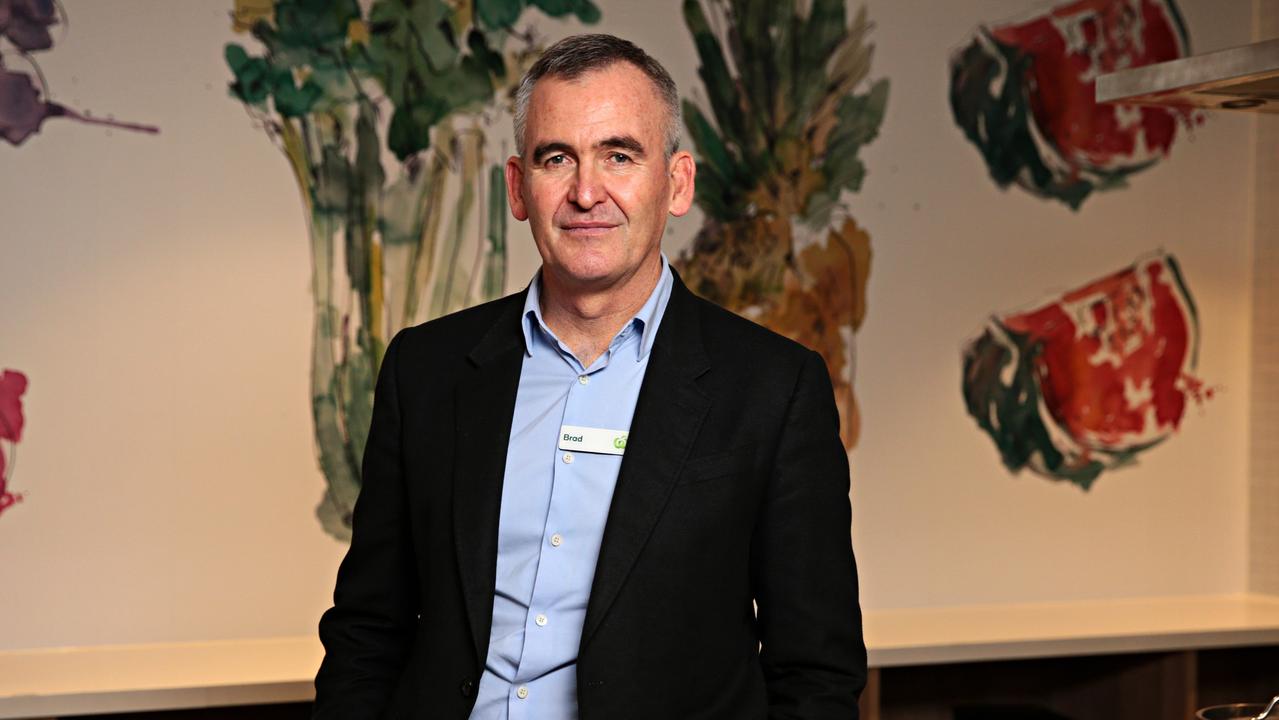Brace for the bill after the great ‘free lunch’
The reason why Pandemic-2020 didn’t turn out quite the way as feared in economic and financial terms is simple.
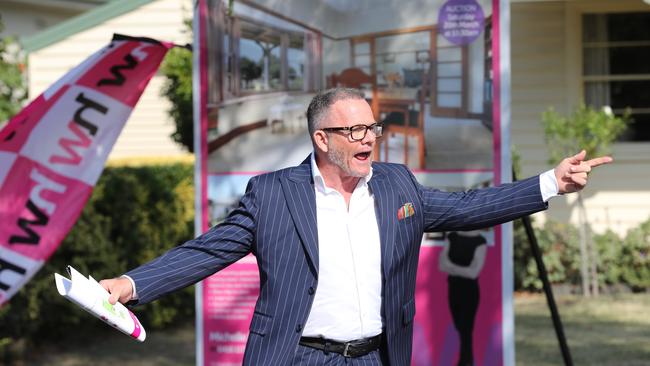
Terry McCrann
Don't miss out on the headlines from Terry McCrann. Followed categories will be added to My News.
Did something happen through 2020?
Oh yes, actually two things: the world’s first global pandemic in 100 years and the worst recession in every country and so also the world in the modern era, since the end of the Second World War in 1945.
Not that you’d know that from looking at the share and property markets right now.
The share market is jostling with 7000, just as it was back at the start of 2020, when no-one really thought much about people running a temperature in Wuhan.
And indeed Wall St is more than 10 per cent higher than it was back then; but then, they always do things bigger and, well, bigger yet again, over there.
And the property market?
Prices are not just back to where they were early in 2020, but way, way above those levels – and all despite the absence of the two great drivers that had fuelled the property market in this new century: Chinese and other immigrants to Australia, and Chinese money.
The reason why Pandemic-2020 didn’t turn out quite the way expected – and feared – in economic and financial terms back a year ago is simple.
Governments, here and all around the world, and central banks, including our Reserve Bank, embarked on actions not just previously considered impossible but were not even previously conceivable.
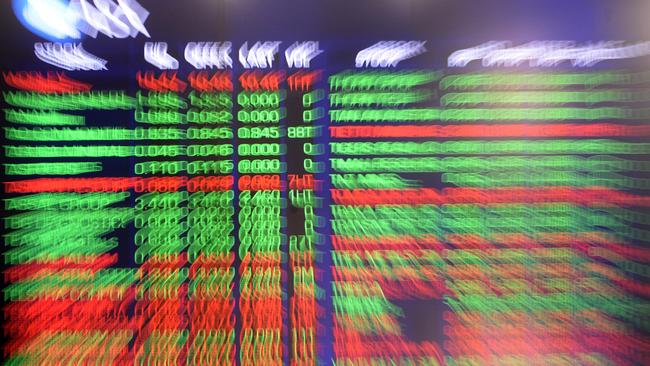
That was true not just in comparison to the responses to the specific situations of the Spanish flu pandemic of 1919-20 and the Great Depression pretty much all through the 1930s, but even as recently as the early 2000s.
In all honesty, would anyone in, say, 2005 have contemplated even the theoretical possibility of a government – and not just A government but pretty much every government – ordering the sort of lockdowns we saw last year?
Would anyone have contemplated the government paying the wages and salaries of – at its peak – over 3.6m workers in the private sector; in addition of course to those of public servants.
That was somewhere between one in every three and one in every four private sector workers.
Similarly, would anyone have contemplated the RBA mandating zero interest rates?
Would anyone have contemplated the banks charging less than 2 per cent on owner-occupier home loans, not out of the generosity of their humungous corporate hearts, but because they can still cream it at 2 per cent thanks to the RBA’s zero per cent?
All that meant the worst-ever recession was also the shortest; the greatest-ever spring-back has us back in the March quarter 2021 to even a little ahead of where we were just before the plunge.
Virtually ‘free’ money has fed both the share and property market booms – with the first, investors chasing some sort of return over zero-interest cash and bank term deposits; with the second, being able to borrow much bigger sums.
Will there be a reckoning? For our trillion dollar (and inevitably higher) debt? For paper-money billionaires? For million dollar (and higher) average house prices?
I think, yes: we have just been through the greatest ‘free lunch’ in world history; and the one thing we know, or should know about ‘free lunches’ is that they are never free.
There’s always a bill, but when and how it is presented – and how much it is – is ‘complicated’.
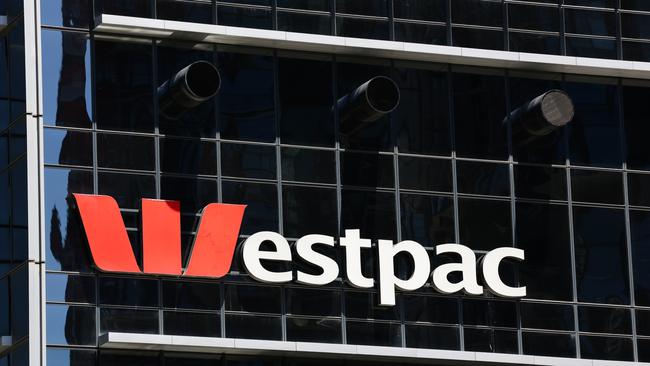
In all honesty, no-one really knows – including, and especially, those that have delivered the policies: treasury advisers, central bankers, and the politicians that have done what they were told to do by “experts”.
We can make some judgments of what’s in store for the rest of 2021 and into 2022. Broadly, more of the same – and all with the one big qualification: what happens with vaccines and the virus.
The RBA is committed to keeping its rate at zero until at least early 2024. Come, say, 2023 we’ll see if that’s still going to stand.
But for the foreseeable future those basic variable mortgage rates are going to stay at or below 2 per cent. Yes four year rates have started to go up, but that’s outside the three-year promise.
That underwrites borrowing and house prices. It also screws bank depositors but in the process underwrites the share market.
The ultimate underwriter of all this is of course the US Fed – and the big-spending Biden administration. They’ll be doing the same thing through 2021 and 2022.
The Federal budget comes up in a month, in its normal slot. It’ll be steady as she goes. There will probably be some marginal spending initiatives but the government will not be raising taxes.
Economists might engage in theoretical – pointless – arguments over the size of the deficits and debt, but none of it is going to impact on what is actually happening in the economy or in the share and property markets.
Currencies are likely to be the place for volatility.
Originally published as Brace for the bill after the great ‘free lunch’


